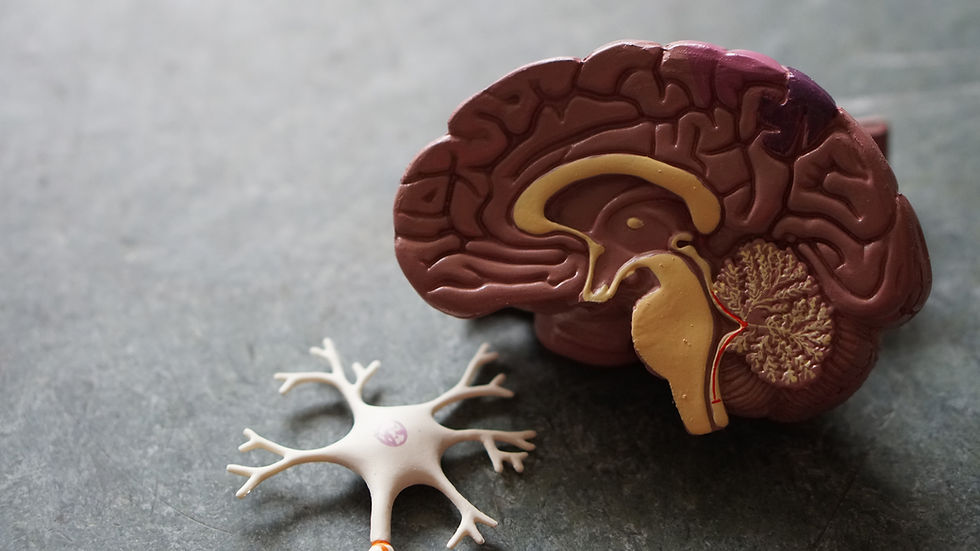COVID-19 Vaccines
- Malkiat Singh Duhra
- Nov 10, 2021
- 3 min read

The COVID-19 problem can be solved quickly by decreasing the inoculum of the COVID-19 virus significantly by getting vaccinated and adopting recommended protection measures.
Vaccines make our immune systems stronger by building antibodies to help prevent and fight off disease. All approved COVID-19 vaccines are safe, effective, and prevent serious illnesses. Protecting yourself makes it is more difficult for the virus to spread to other people. These vaccines cannot give you COVID-19. There is no COVID-19 inside any of the vaccines. The vaccines are effective to some degree against all the variants. In Alberta, one dose of vaccine is 57 percent effective against the Delta variants and two doses are 89 percent effective. The vaccines are helping reduce the spread of variants. The more people who are fully vaccinated, the less COVID-19 transmission there will be.
It has been observed that about 90 percent of Albertans admitted to ICU were unvaccinated. Two doses of the COVID-19 vaccine will protect most people from getting sick, having to go to the hospital, or dying if they do catch the virus. Only 0.5 percent of fully vaccinated Albertans have been diagnosed with COVID-19. However, no vaccine is 100 percent effective. A very small percentage of fully vaccinated people will get COVID-19 if they are exposed to the virus. But even for these cases, the vaccine drastically reduced the chance that you will get severely ill or die. About 99.98 percent of vaccinated Albertans have had no serious side effects after receiving the vaccine. When serious side effects do occur, they are usually mild and treatable, such as an allergic reaction, rash, or vomiting. It is normal and expected to have some reactions after you receive the COVID-19 vaccine. This is a sign of the vaccine is working as your body is building protection. Common side effects may include tiredness, chills, pain, redness, swelling, and itching where the vaccine was given. If you have concerns about any symptoms, a doctor will help you in this matter.
All the vaccines ( Moderna, Pfizer, and AstraZeneca ) currently offered in Alberta teach our bodies how to protect us from the virus that causes COVID-19, but use different means to stimulate the immune system. Moderna and Pfizer, the most common vaccines, teach our body how to make antibodies that fight COVID-19. AstraZeneca is a viral vector vaccine, which means instructions about how to fight off COVID-19 are carried by a harmless common cold virus. Vaccines contain active ingredients that teach your immune system how to fight off COVID-19, plus amounts of other ingredients, all of which help keep vaccines safe and develop your body’s immunity. All these ingredients are safe in small amounts used in these vaccines.
In Alberta, the Pfizer vaccine is 90 percent effective, Moderna is 91 percent effective, and AstraZeneca is 89 percent effective by preventing infection and providing strong protection against serious illnesses after two doses. The vaccines do not alter your DNA in any way. None of the vaccines contain any fetal cells or tissues.
COVID-19 is a contagious disease caused by severe acute respiratory syndrome coronavirus 2 ( SARS-CoV-2 ). The first known case was identified in Wuhan, China, in December 2019. The disease has since spread in the world, leading to an ongoing pandemic. Symptoms of COVID-19 are variable, but often include fever, headache, fatigue, breathing difficulties, and loss of smell and taste. The symptoms may begin one to fourteen days after exposure to the virus.
At least 33 percent of people who are infected do not develop noticeable symptoms, of those people who develop symptoms noticeable enough to be classed as patients, 81 percent develop mild to moderate symptoms ( up to mild pneumonia ), while 14 percent develop severe symptoms ( dyspnea, hypoxia or more than 50 percent lung involvement on imaging), and 5 percent suffer critical symptoms ( respiratory failure, shock, or multi-organ dysfunction). Older people are at higher risk. COVID-19 transmits when people breathe in air contaminated by droplets and small airborne particles containing the virus. People remain contagious for up to 20 days and can spread the virus even if they do not develop symptoms.


Comments